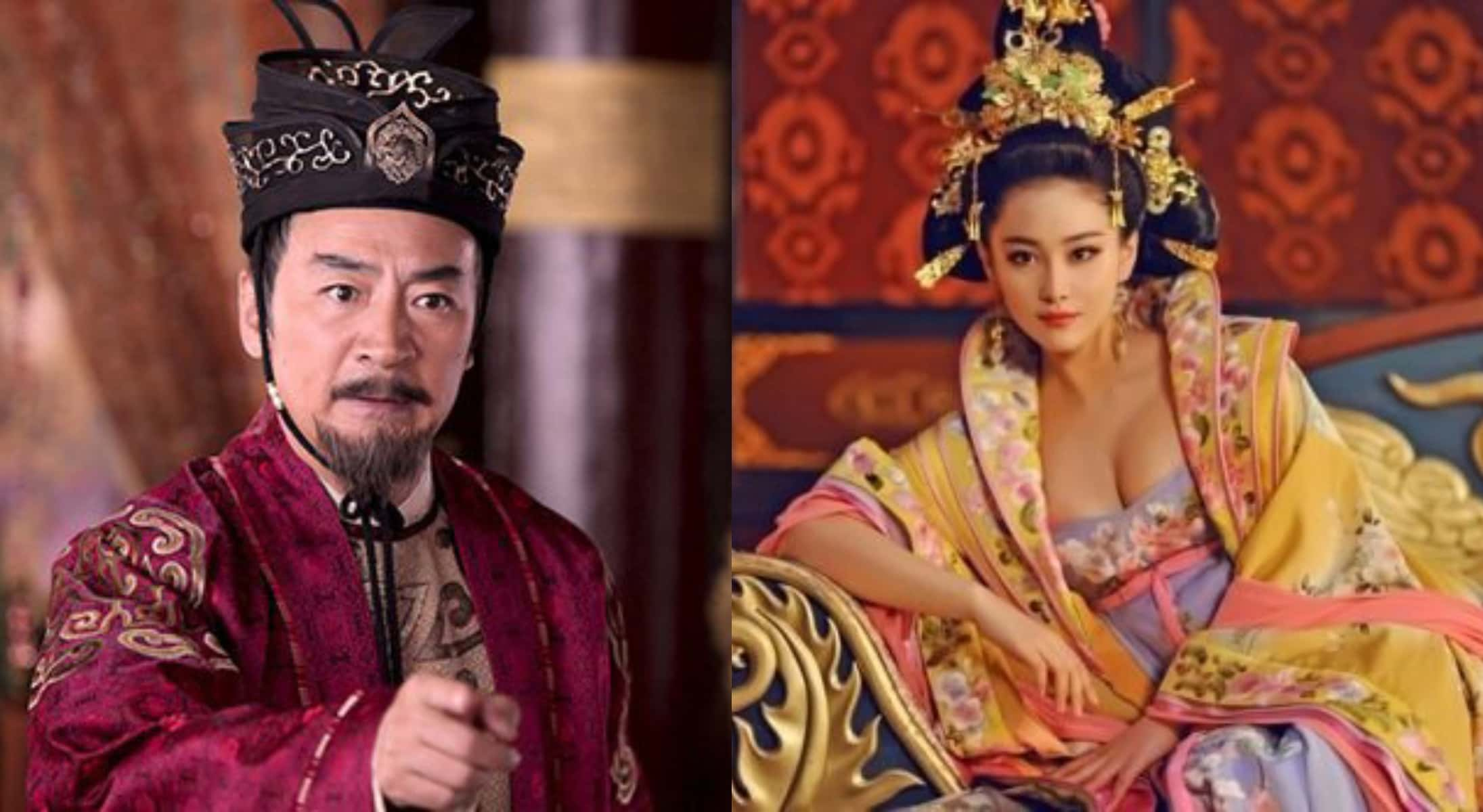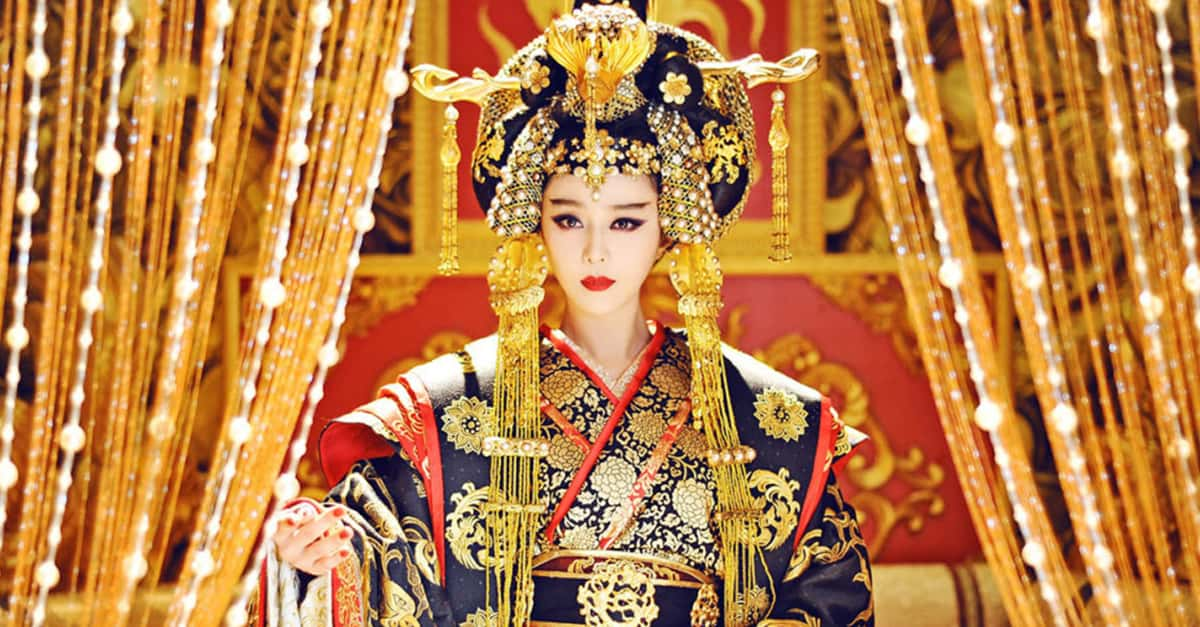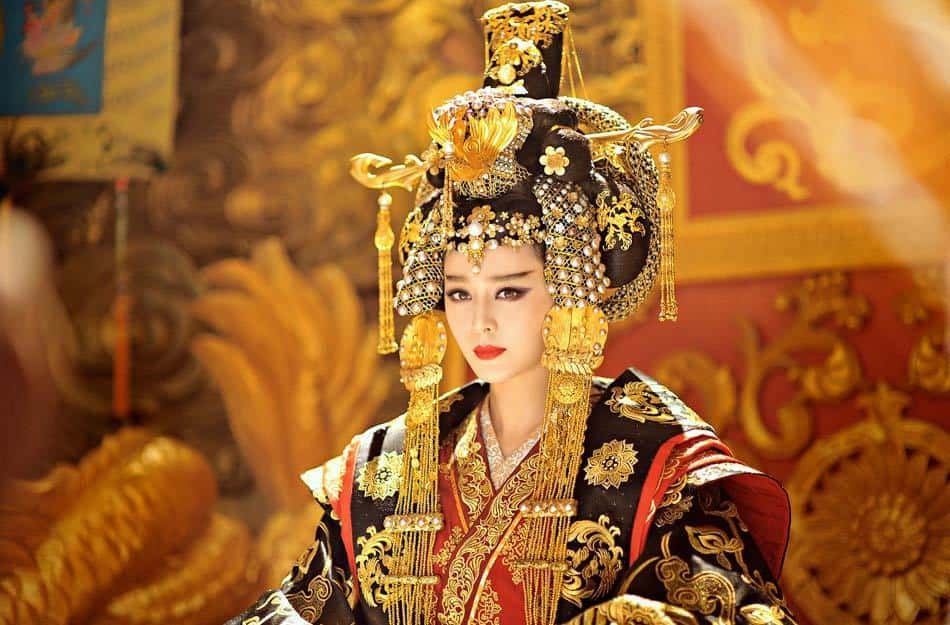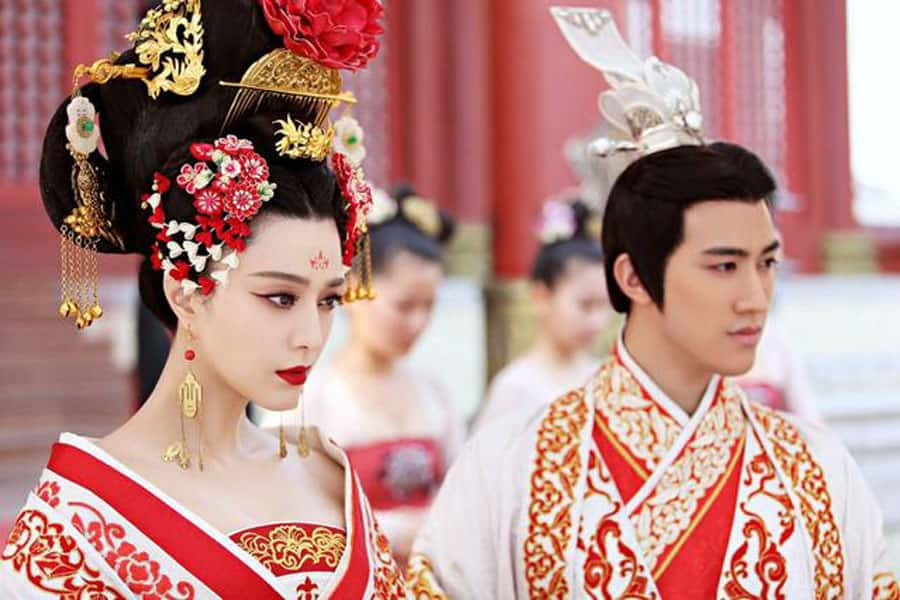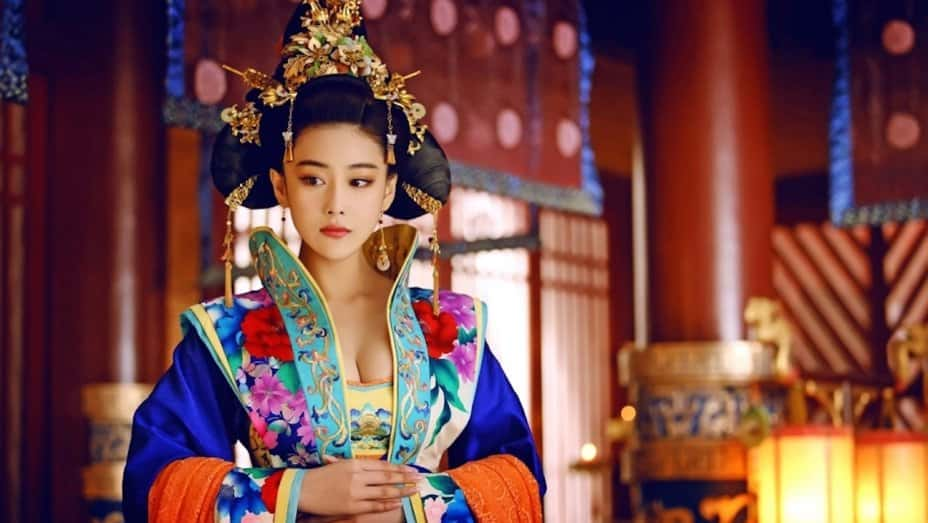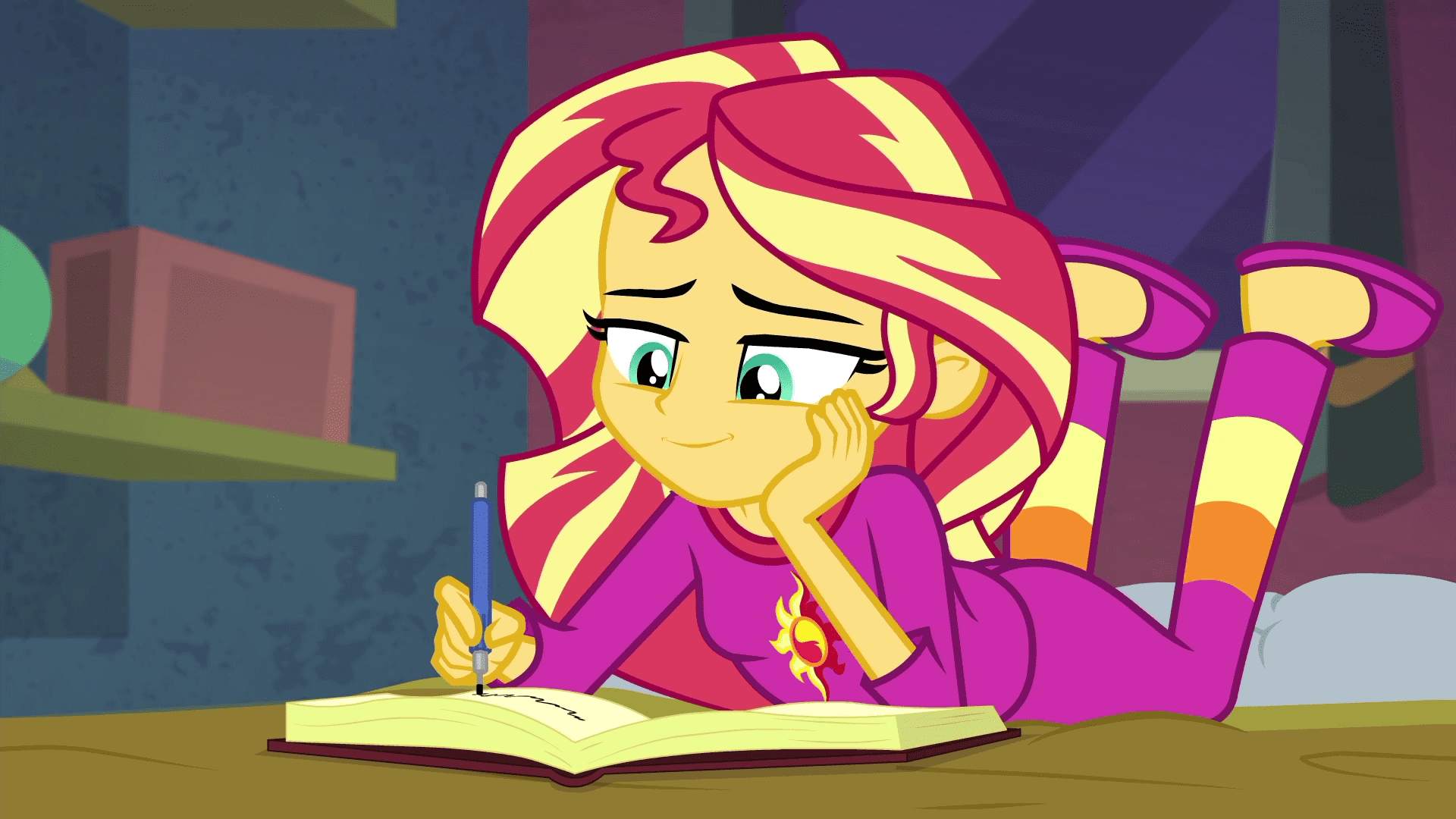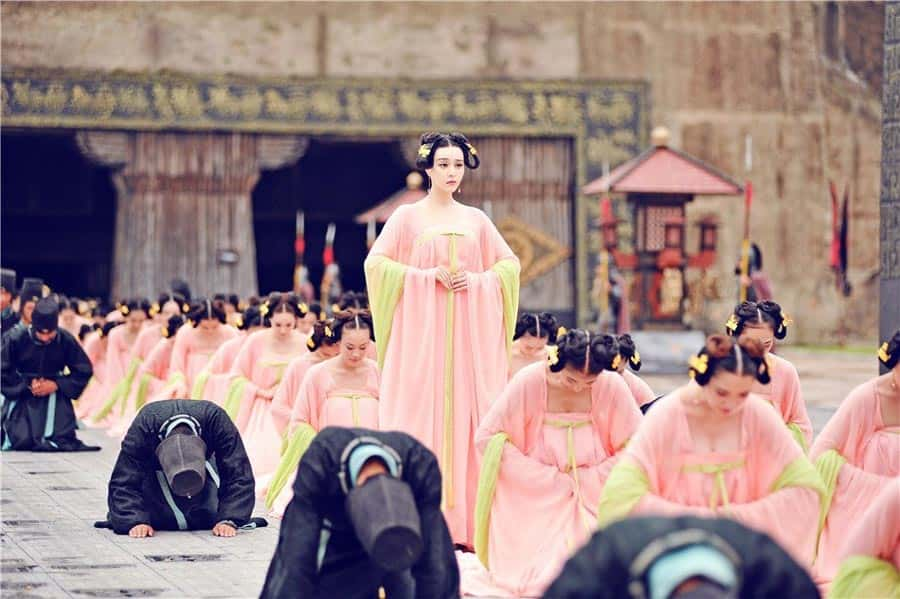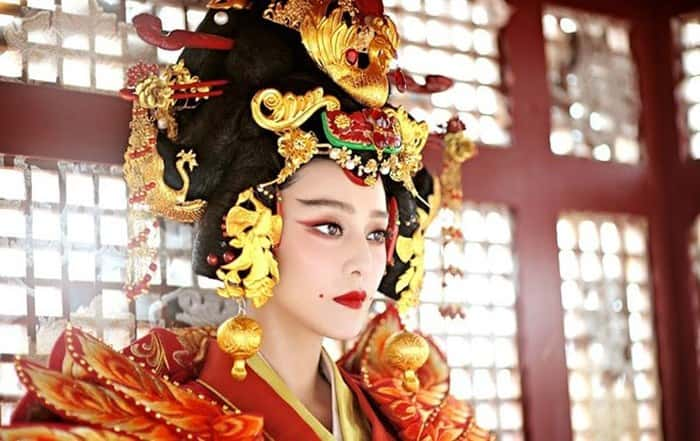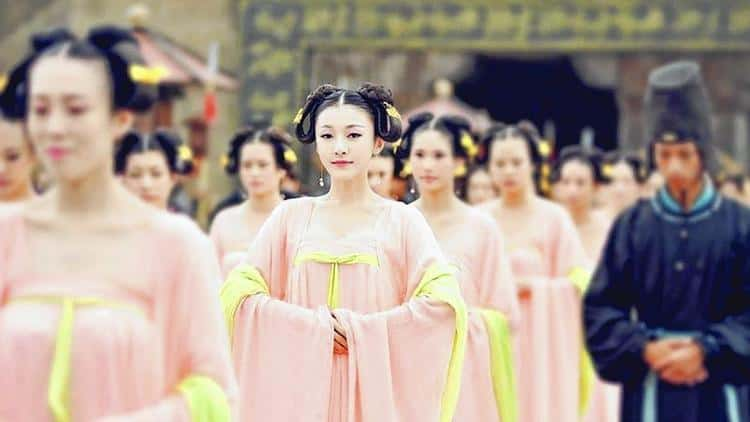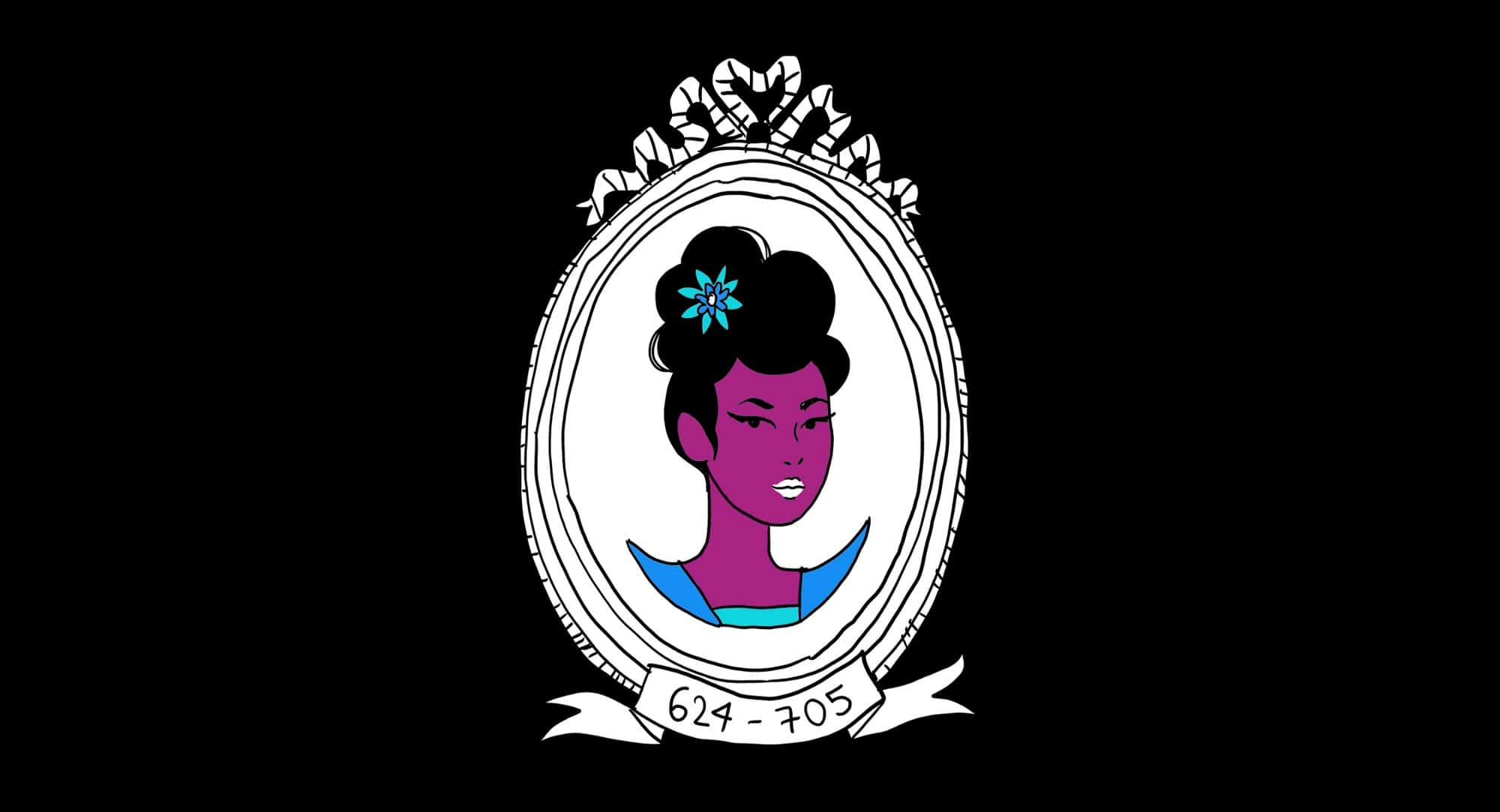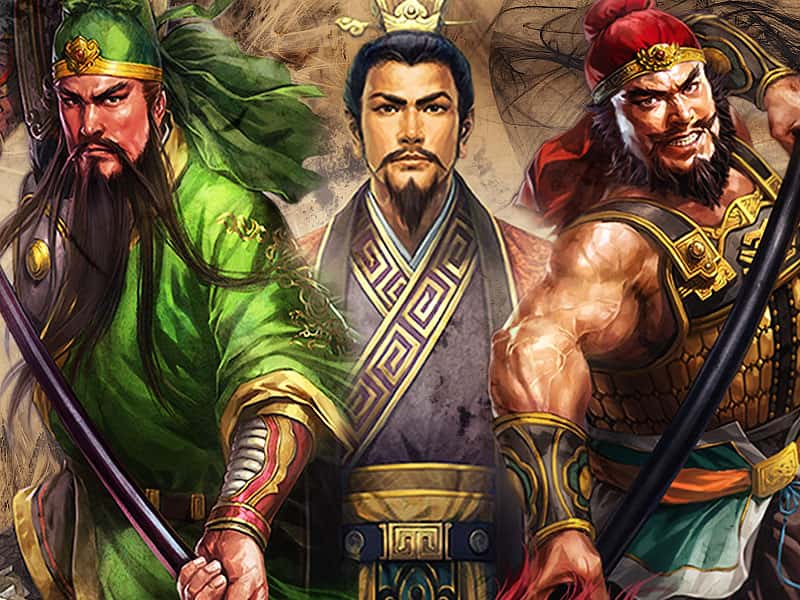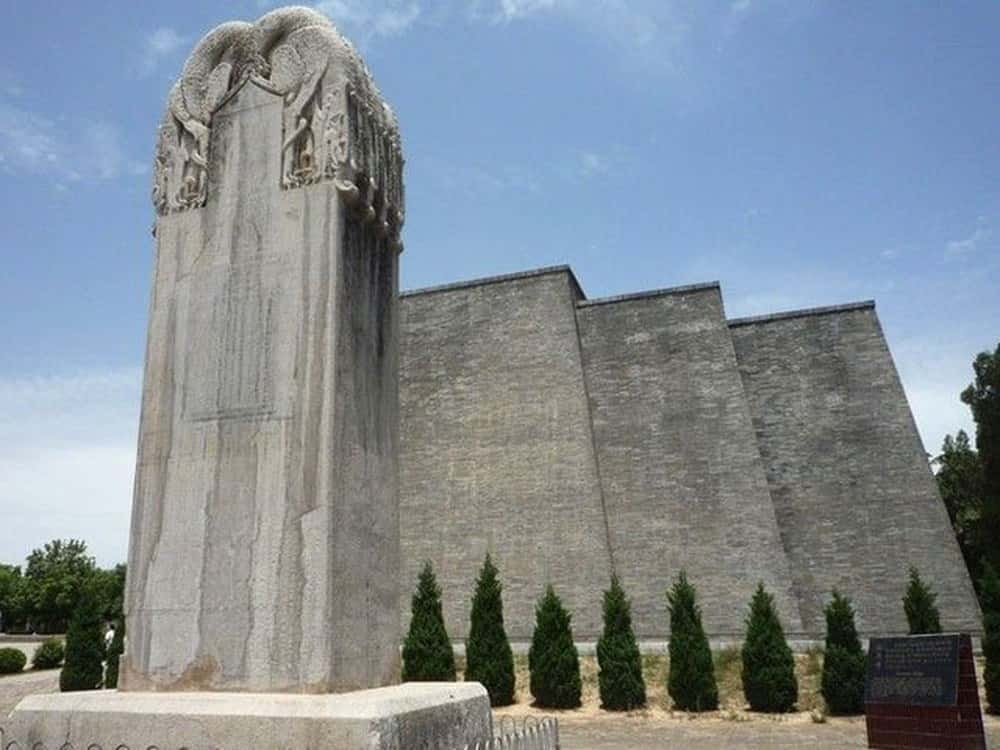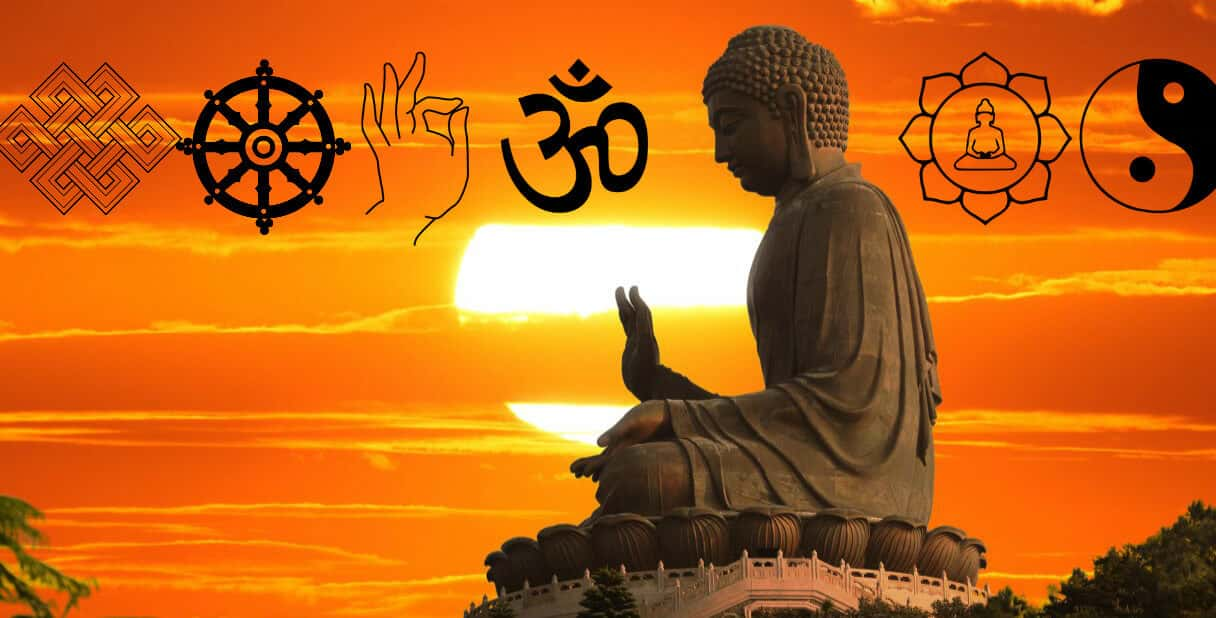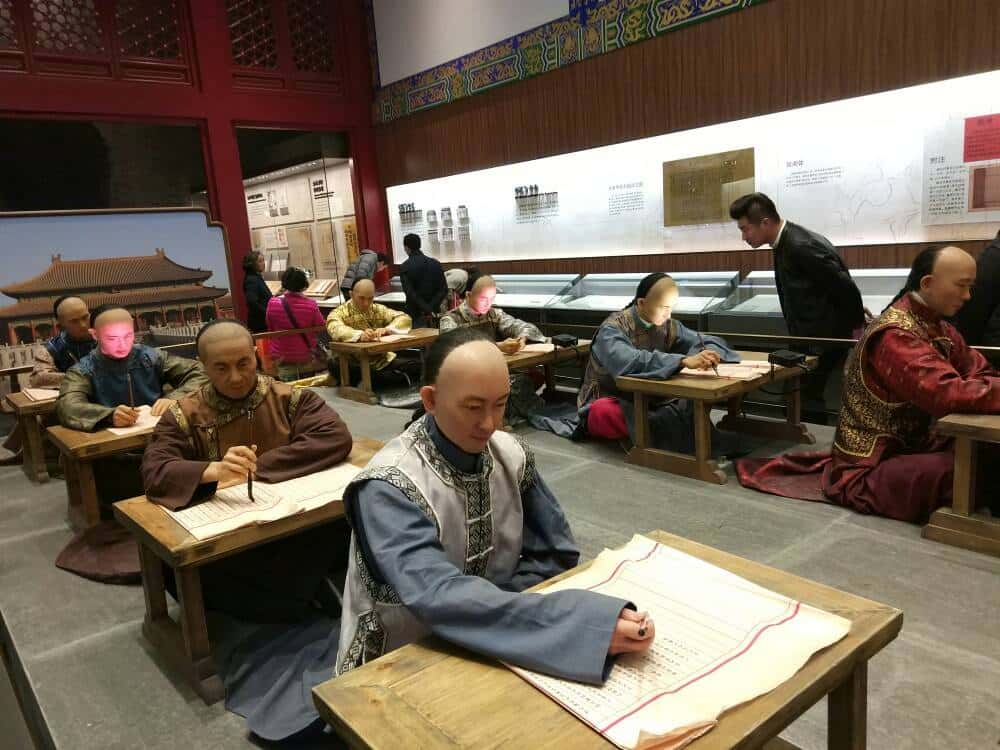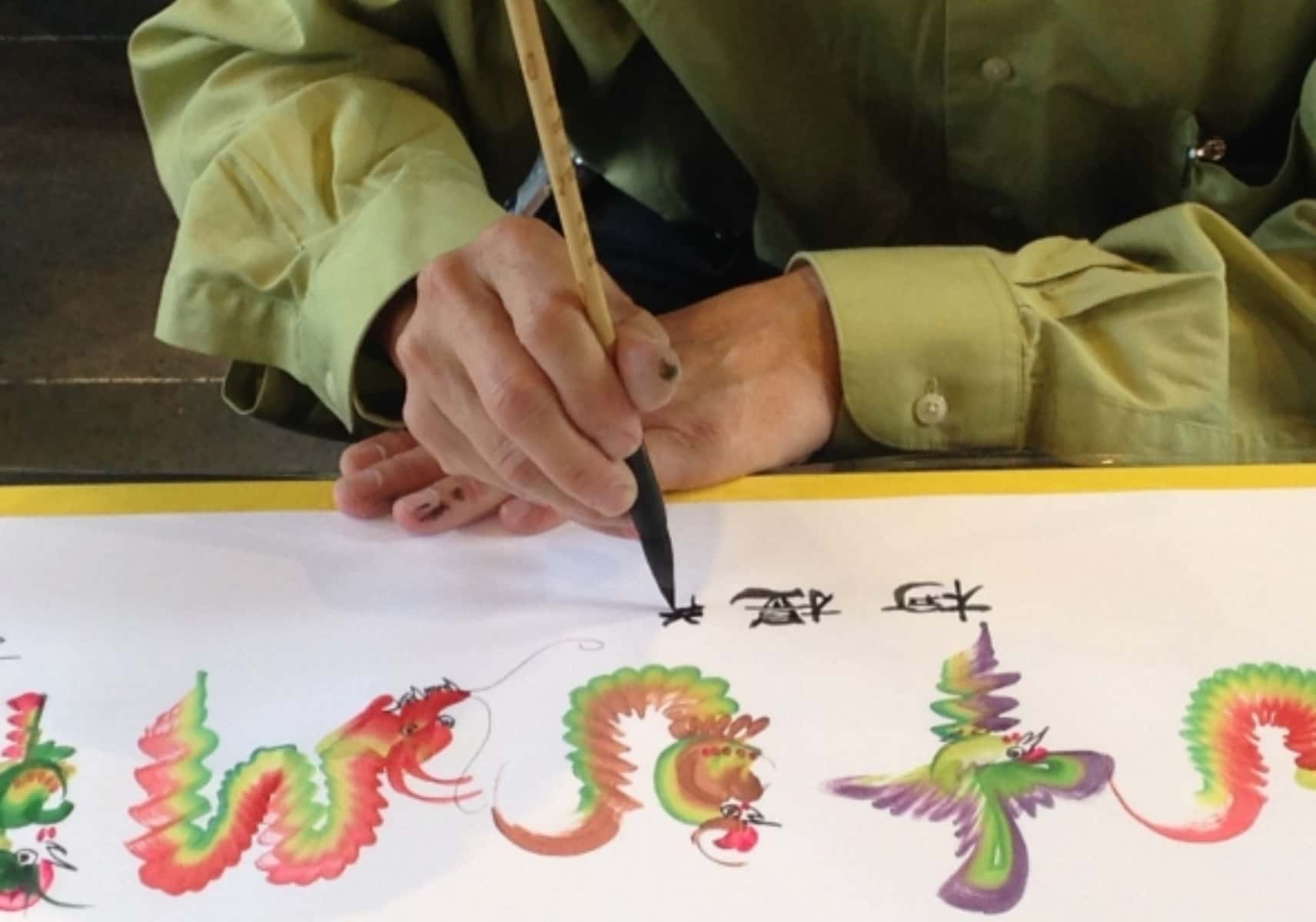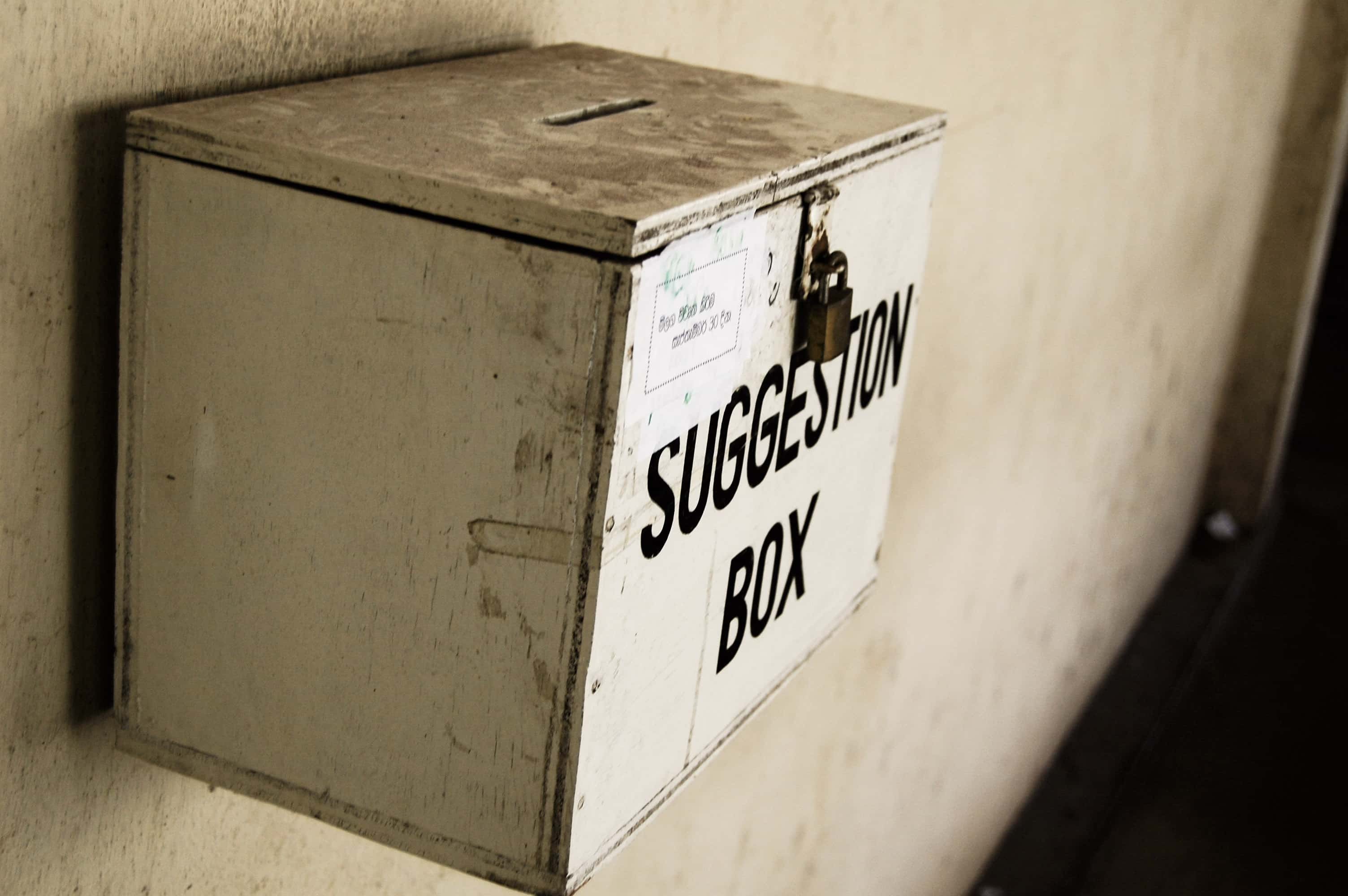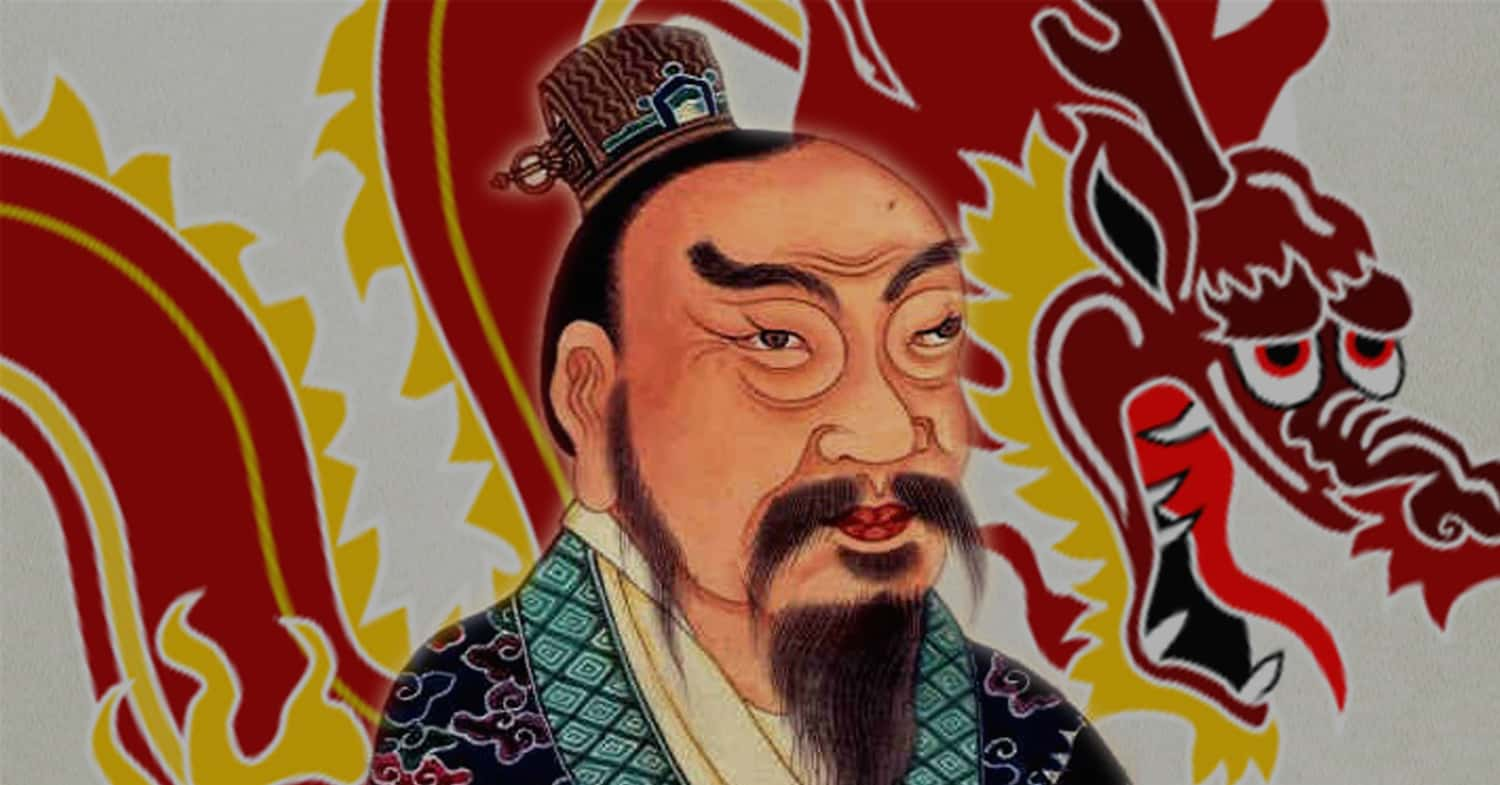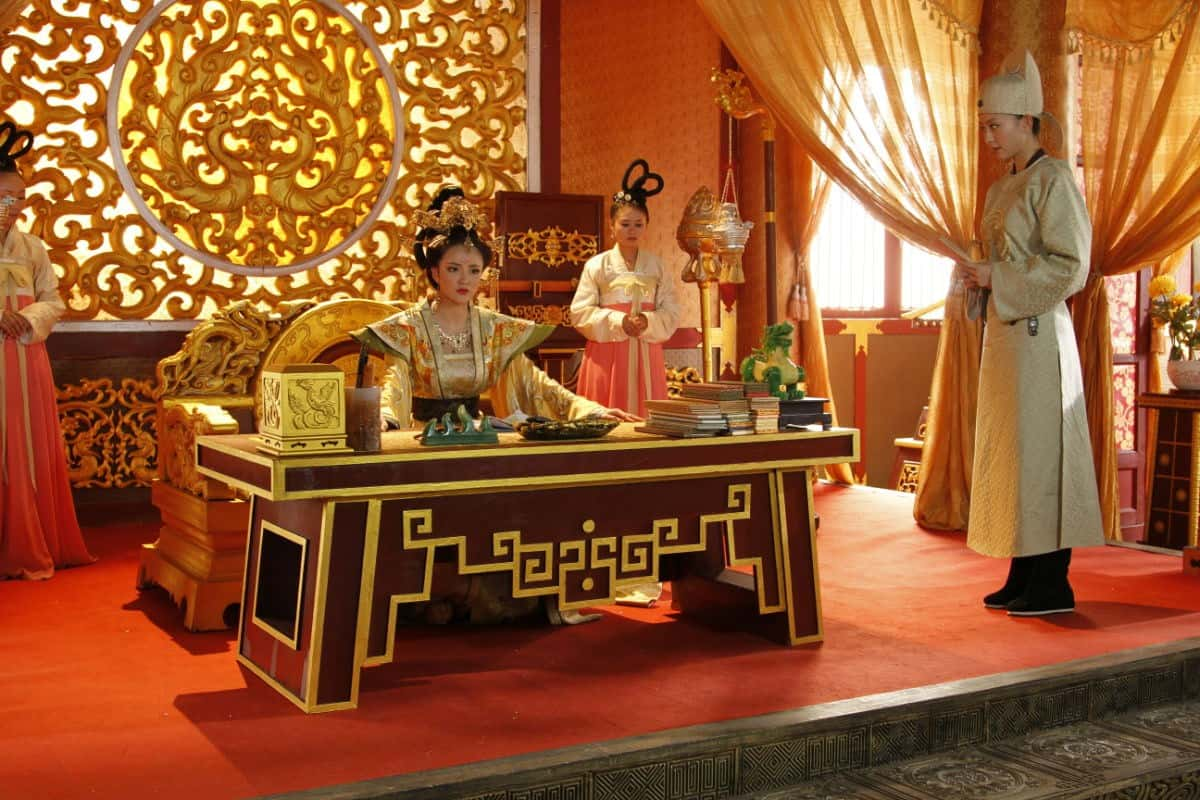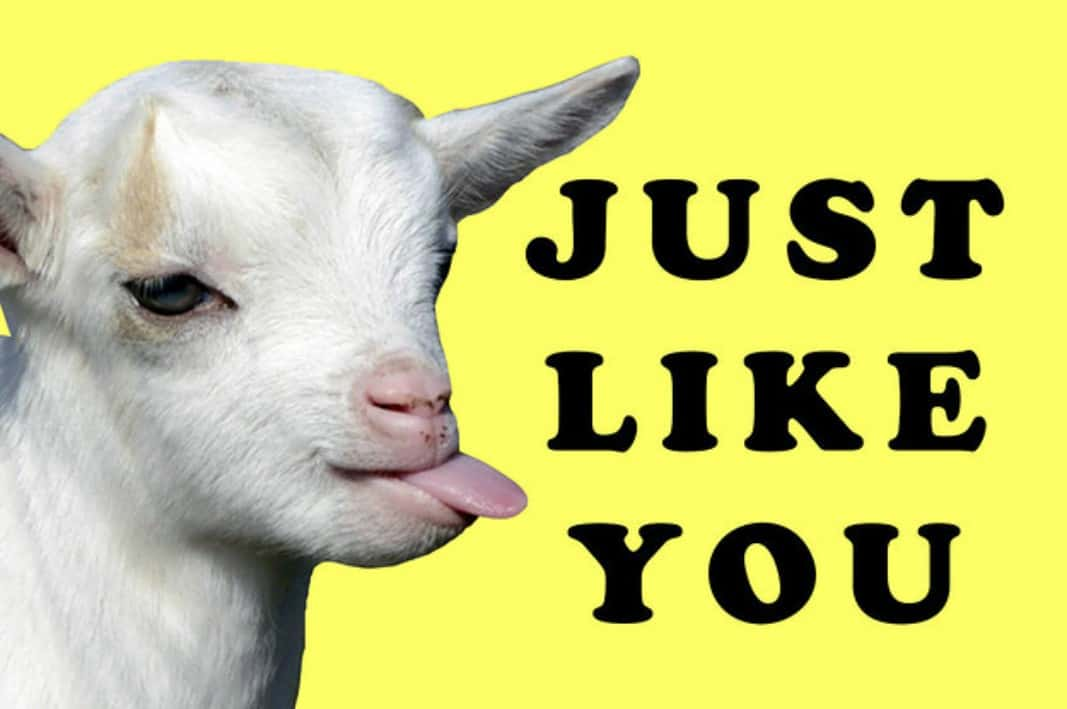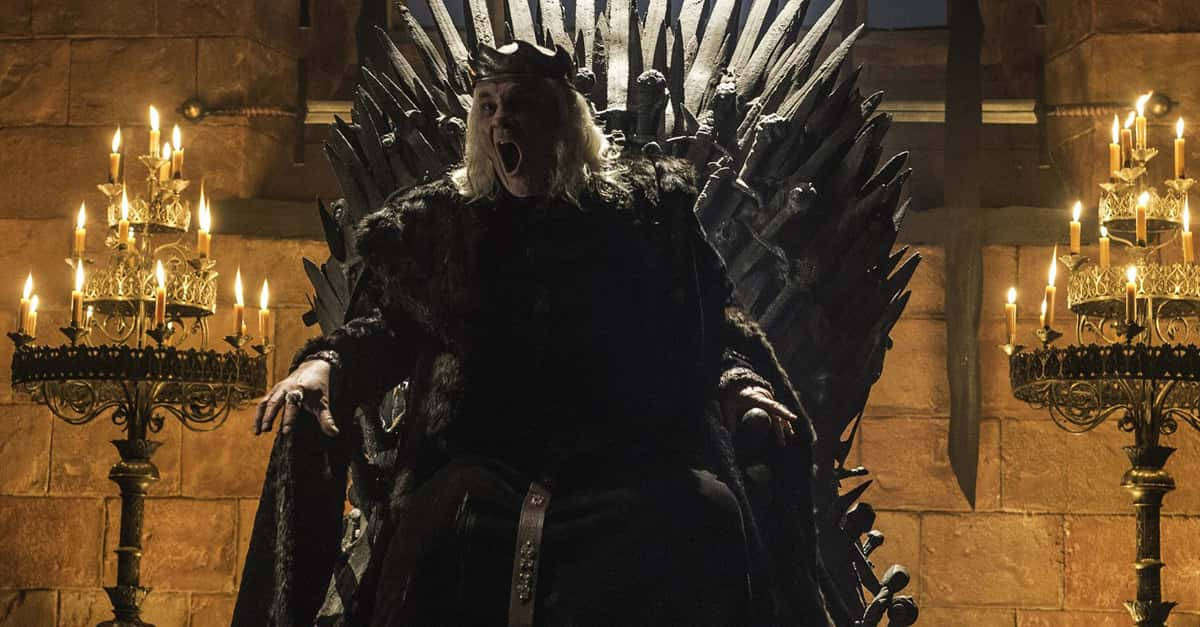“…a woman in a position of paramount power was an abomination, an aberration of natural and human order.” —N. Henry Rothschild, Wu Zhao: China’s Only Female Emperor.
Empress Wu Zetian was once described as hated by “gods and men alike.” She developed a reputation for ruthlessness, leaving behind a legacy of intrigue. Wu also broke a barrier by becoming China’s sole female ruler, but there is much more to her than her gender. Here are 42 facts about Wu Zetian.
Wu Zetian Facts
42. The Iron Throne
Wu’s rise to the throne would fit in perfectly with Game of Thrones. She was a favored concubine of Emperor Gaozong, and eventually gave birth to a child fathered by him. The baby died soon after, and Wu blamed its death on the reigning empress consort, Empress Wang. However, many historians believe that Wu strangled her child herself.
41. Cunning
Wu had humble beginnings. She started as a fifth-tier concubine in 636 in the palace of Emperor Taizong, who was the father to her future husband Emperor Gaozong. She first caught Taizong’s eye when she was changing his bed sheets. Wu discussed history with the emperor and he was impressed by her intelligence, as well as her ability to read and write. Nonetheless, although they likely had sexual relations, she never became Taizong's favorite.
40. Mission Impossible
Once Emperor Taizong died, tradition dictated that Wu had to join a monastery. It was seen as a disgrace for an Emperor’s wife to be touched by another man after his death.
 watson
watson
39. Newer Model
Wu had other plans that didn't include living out the rest of her life in a convent. She had actually started an affair with Taizong’s son, then called Li Zhi, prior to Taizong’s death. Missing his mistress, Li Zhi requested that Wu return to the palace, although some sources say she escaped the convent. With his father's death, Li Zhi became Emperor Gaozong.
38. Vicious Cycle
Although Wu has become infamous in the annals of history as a cunning, ruthless woman, some historians believe sexism of the time also led to more criticism, and subsequently more smearing of Wu.
37. Good Influence
Wu started breaking the mould early thanks to her dad. Wu Shihuo encouraged his daughter to partake in activities generally reserved for men, such as reading and writing.
36. More Than a Pretty Face
Wu earned the nickname "Mei-Niang" or “beautiful girl” from Emperor Taizong.
35. Signs
When Wu was crowned Empress after a long road to absolute power, an earthquake hit China. It was widely regarded as an omen. A Confucian scholar also said that Wu's policy changes were reversing the natural order, since a woman was in power. According to this scholar, "throughout the empire in every prefecture hens changed into roosters, or half changed.” Question: how does a hen “half change” into a rooster?
34. Screen Time
Wu hasn’t had the big screen treatment yet, but she was depicted in the Chinese TV series, The Empress of China.

History's most fascinating stories and darkest secrets, delivered to your inbox daily.
33. Revenge
With all the haters around, Wu's status as a female ruler wasn’t lost on her. In 666, Wu led a group of women to Mount Tai, a ceremonial site. There, the women took part in holy rituals that were normally reserved for men. Yeah, rub their faces in it, Zetian.
32. Puppet Master
Wu's official reign as Empress was from 624 to 705. However, she was all but in charge from 683, when Emperor Gaozong died; she quickly wrested the real power from her own son upon her husband's death.
31. Equality
Emperors were known for having numerous concubines, some of whom performed intimate duties. However, Empress Wu, not to be outdone by the boys, also had her own concubines. The Zhang Brothers were her favorites, and were known to spend a lot of time with Wu in “closed quarters" well into her old age.
30. Remember Me
Wu's tomb lies in Qian County with a stone slab erected outside of it. The slab, or stele, was customary, but it's missing something: it was also supposed to be inscribed with the empress’s deeds. Wu's stele was left scornfully blank despite some of her impressive achievements.
29. Cycle
During her reign, Wu proclaimed that she was a reincarnation of the Buddhist figure Maitreya. In Buddhist teachings, Maitreya is a figure who will return to Earth once the writings of the Buddha have decayed. Wu also made Buddhism the state religion, replacing Daoism.
28. Natural Order
Wu appointed a woman in a role now referred to as “prime minister.” Unfortunately, this official's tomb was destroyed in what some historians characterize as a deliberate attempt to erase women from China’s history.

27. Teacher
Aside from being a woman, Wu also drew the ire of the aristocracy when she sought to bring a stauncher meritocracy to China. At the time, many important government positions were filled by hereditary successors instead of the most talented candidates. Disliking this tendency, Wu invested in building more local schools for the population and instituted a competitive examination system called the keju. She then began filling government positions with the candidates who performed well in the keju.
26. Feed the People
Wu worked on an expansion of arable land in order to increase China's agricultural output. Under her rule, the number of farming households increased from 3.8 million to 6.2 million.
25. Rise up
Following the earthquake that occurred after her coronation, a mountain rose up from the land. Instead of seeing it as a bad omen, Wu interpreted the mountain as a blessing and a reference to the Buddhist mountain of paradise, Sumeru. Wu then dubbed the mountain “Mount Felicity.”
24. Past and Present
In 690, Wu officially declared herself Empress and named her reign the “Zhou Dynasty.” The name was in reference to a fiefdom her father hailed from, but was also a reference to an earlier dynasty from which Wu often claimed a lineage.
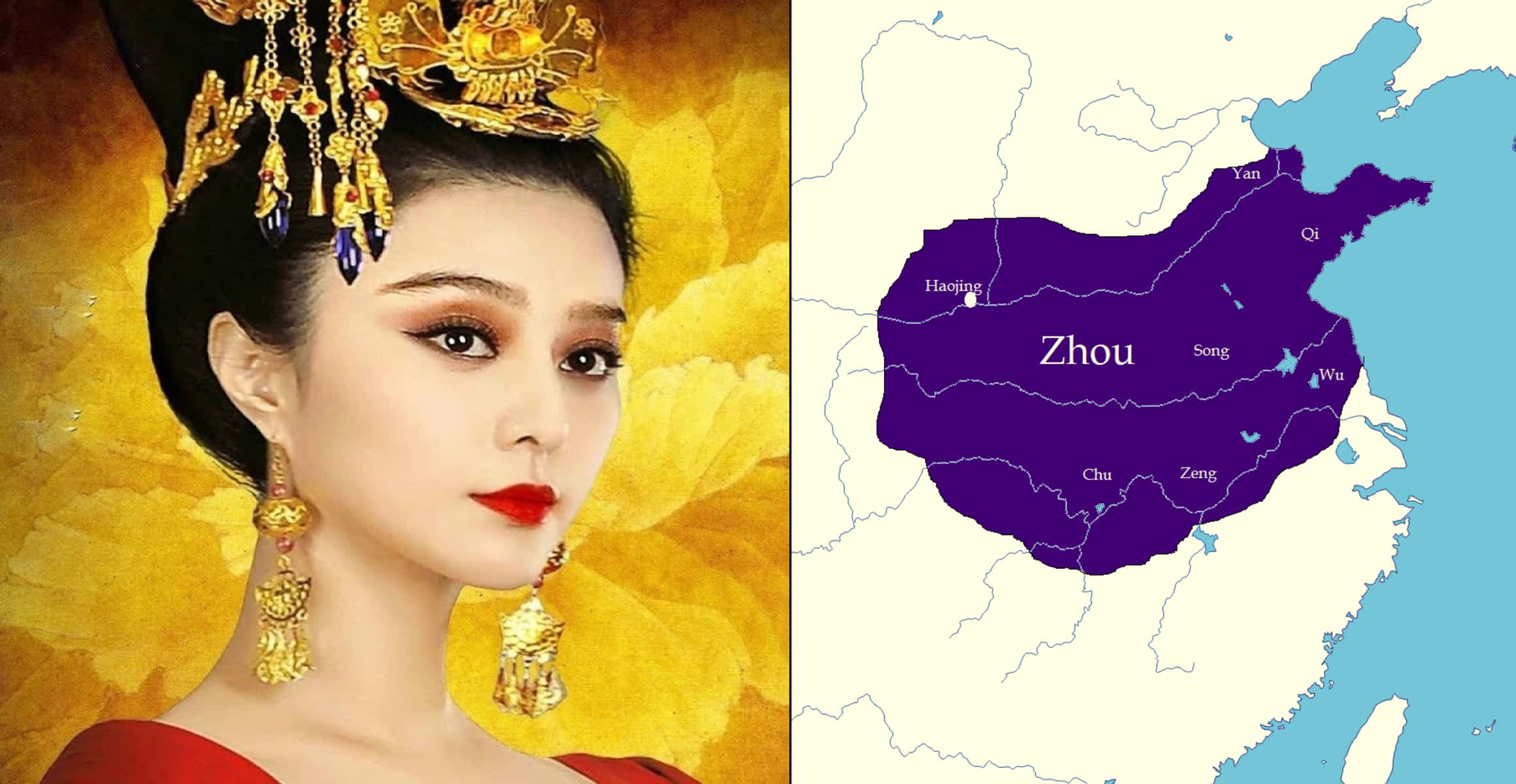
23. Equal Unto Death
The traditional mourning period for when men died was three years in ancient China, while women got one. Wu made the change to allow deceased men and women to both have three years of mourning.
22. Light in the Darkness
Wu even made up new words. In 689, she had the government create a new Chinese character, “Zhao.” The new character came from two pre-existing ones, combining the characters for "ming" (light) and "kong" (sky). So, Wu literally became the light shining from the sky.
21. Bad Press
Some Chinese historians have theorized that Wu first gained favor with Emperor Taizong because she was willing to satisfy his greatest or most unusual sexual urges. Juicy as they are, these claims don’t have much evidence behind them and are believed to be another example of sexist demonization of China’s only empress.
20. Tough Customer
Some of the bad press about Wu is actually true, though. The empress was reportedly behind the execution of 36 senior bureaucrats who were either executed or forced to commit suicide. Additionally, hundreds of members of the bureaucrats’ families were enslaved. Yeah, we don't like bureaucrats too, but was that really necessary, Zetian?
19. Vent
During the Zhou Dynasty, if you wanted to air your grievances about someone, you could drop a complaint in a copper box. That's because Wu set up a series of copper boxes in the capital, where she allowed citizens to submit anonymous complaints about each other.
18. We Go Way Back
Wu’s family had a long history with the royal family due to her dad’s influence as a general (although some sources also say he was a chancellor or timber merchant). Emperor Gaozu, Taizong’s predecessor, actually spent time in the Wu household as a young man.
17. Bright Side
Wu’s mother was upset when her daughter was heading to the palace to become a concubine, knowing she was losing her girl. But Wu figured the change could be for the best, reportedly saying, “How do you know that it is not my fortune to meet the son of Heaven?”
16. Big Brother
Wu established her own secret police force in 686, who probably took a hands-on role when dealing with her enemies.
15. Bad Call
Wu's reign saw the successful expansion of China's territory into Central Asia, but she made one particularly bad military call when it came to Korea. She defeated one Korean kingdom with the help of the Silla people, but she then turned around and backstabbed the Silla in pursuit of more power. Wu was rewarded with a Korean uprising that pushed her army out of the land.
14. Good Old Days
By the end of Wu's rule, a series of illnesses forced the octogenarian to rule by proxy.
13. Burn the Witch
Wu looked for some help from above during her Emperor Gaozong’s reign, and even employed a court sorcerer. However, Gaozong was becoming (rightfully) mistrustful of Wu due to the amount of power she wielded, and her interest in magic rubbed him the wrong way. He sought to depose her, and only some sweet talking from Wu got him to calm down.
12. Quick Work
When Wu returned from the monastery after Taizong's death, she quickly became a Zhaoyi, the highest ranking of the new emperor Gaozong's second-tier concubines. It was a bit of a demotion from being the Emperor's official consort, but she took what she could get for the time being. Gaozong's Empress Wang actually welcomed Wu's influence, hoping she would distract her husband from his favorite consort. Guess what? She did.
11. Mother Dearest
When Wu was still biding her time away from the official position of Empress, Emperor Zhongzong, her son, didn’t heed his mother’s advice and often made important decisions without her input. As a result, she stripped him of his title and then exiled him. His successor, Wu’s other son, learned from his brother and followed his mother’s orders—until he was also stripped of his title. (Zhongzong would get the last laugh, though, as he eventually did succeed his mother after she officially took over China.)
10. Secret Ingredient
Wu had Turkish blood from her mother’s side of the family. This Turkish heritage is credited to generations of intermarriage with the nomadic Turkish tribes that entered China and created their own dynasties in the 4th to 6th centuries.
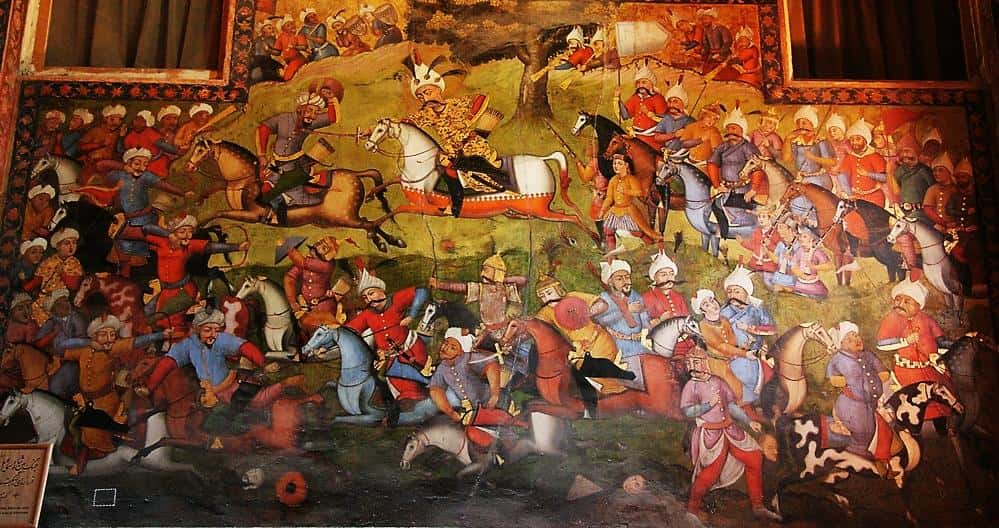 turklar
turklar
9. Initiative
Wu always found ways to stand out as one of Emperor Taizong’s concubines. One of the most notable was offering to tame one of his horses. Her tools? An iron whip, a hammer, and a knife. As she said, “First I’ll beat it with the iron whip. If it does not yield, I’ll hit it with the hammer. If it still won’t be tamed, I’ll cut its throat with the knife.”
8. The Old Switcheroo
Part of Imperial diplomacy meant negotiating marriage arrangements with the tribal chieftains along the empire’s border. Typically, brides were offered to the chieftains or their family members. But Wu sent grooms instead. One chieftan, insulted at the gesture and believing the groom to come from an inferior heritage, kept him prisoner before sending him back to China in 698.
 shop style
shop style
7. Everything That Goes up Must Come Down
Wu was ultimately undone by a coup in 705 when she was now well into her eighties. She was left alive, but stepped down to let Emperor Zhongzong, her son, take the throne. However, in the bloody takeover Wu’s favored lovers the Zhang brothers were executed. Not the Zhang brothers!
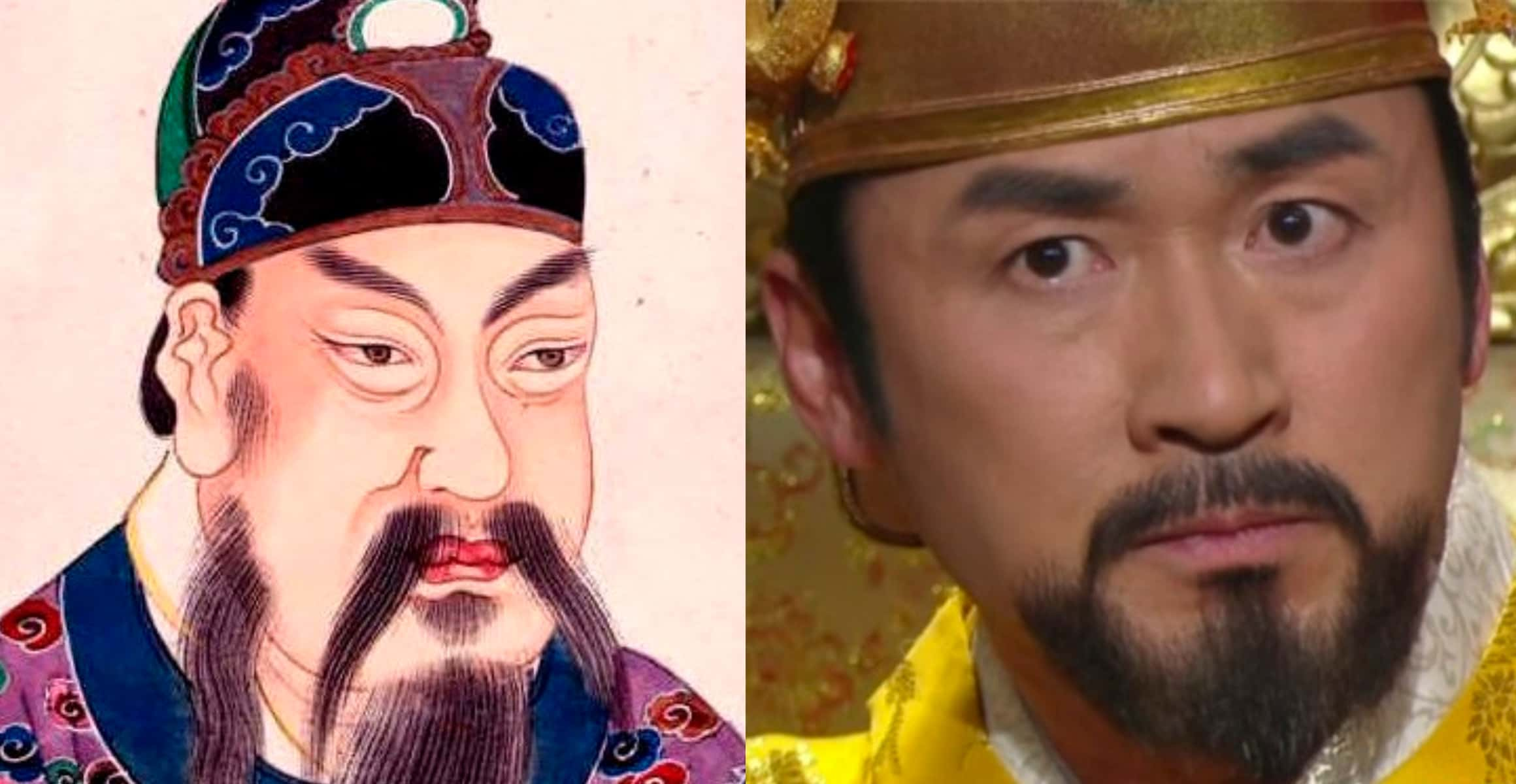
6. Boy, Bye
When one of Wu's ministers advised her that she should live a more respectable life as a widow rather than an empress, she promptly sentenced him to exile in the “swampy, disease-ridden Southland.”
5. I Learned It From You
Lady Wei, who was the wife of Emperor Zhongzong, Wu's son, used Wu as an inspiration for her own political machinations. Wei would go on to poison Zhongzong, paving the way for her son to become emperor.
4. If It Ain’t Broke…
Emperor Xuanzong, who ruled decades after Wu, actually kept her taxation, agriculture, and education reforms. Therefore, when China became the world's most affluent country under his rule, Wu’s policies were still in effect.
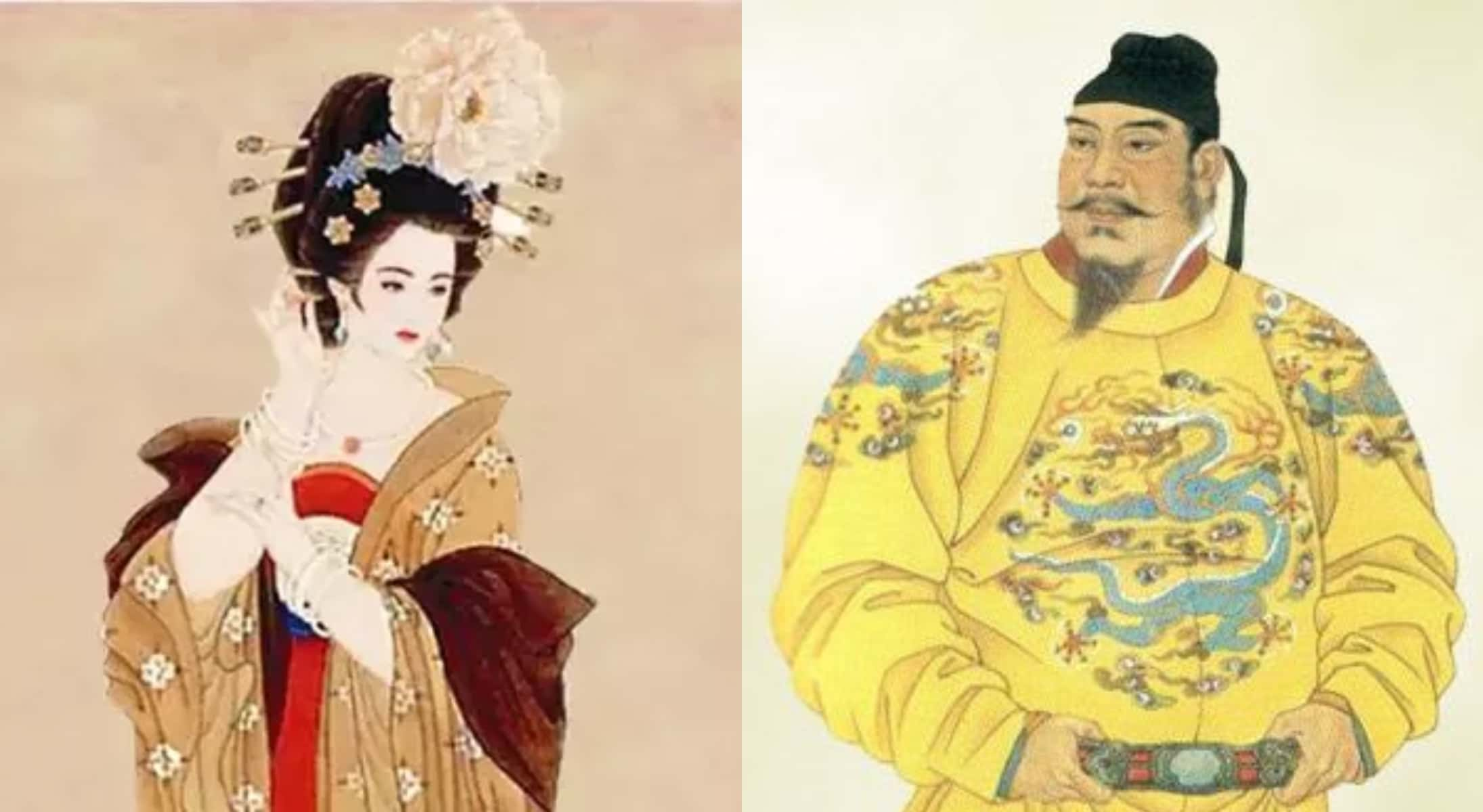
3. Eye on the Prize
Wu and Gaozong ruled as divine monarchs under new names. Gaozong took the title of "Tian Huang" (Emperor of Heaven) and Wu became "Tian Hou" (Empress of Heaven).
2. Fifty Shades of Wu
If you’re ever in the mood for some light reading, Wu's life inspired 16th century erotic novels. The novels focus on her alleged escapades, although you probably have to take them with a grain of salt.
1. Last Laugh
Wu's nephew, Wu Sansi, followed in his aunt’s footsteps and started controlling Emperor Zhongzong from behind-the-scenes after her death. Like Wu, he also derived some of his influence from his sexuality: he was having an affair with Zhongong’s empress consort.
